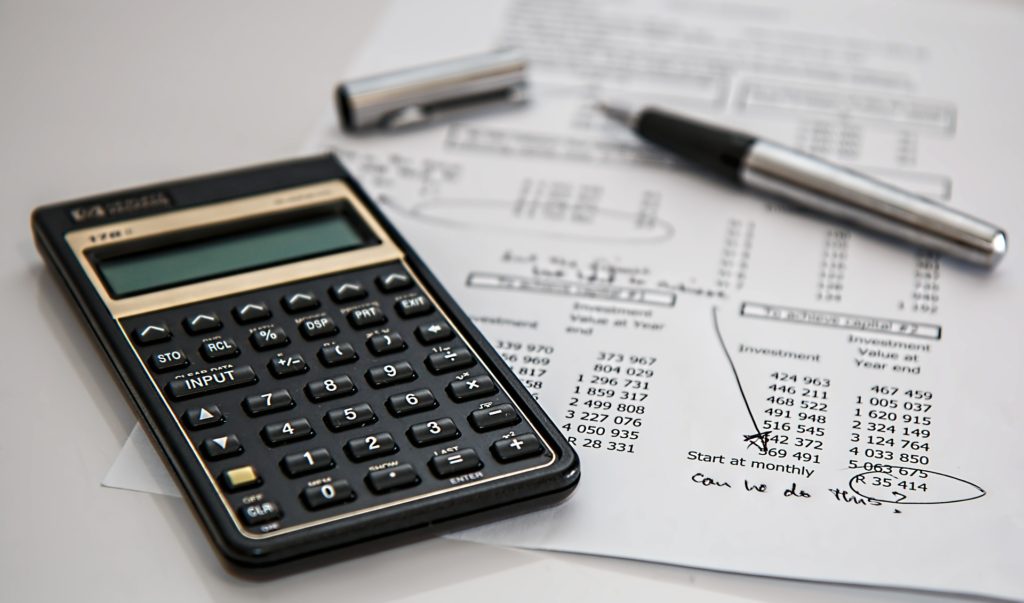What are the different types of bankruptcy? What chapter would I need to file?
For most people there are two bankruptcy options – Chapter 7 or Chapter 13. The type of bankruptcy you need to file depends on your specific circumstances. It is a complex determination based on your income, assets, and a number of other factors. Call our office for a free consultation so we can determine the best option for you.
Click here to watch our blog video explaining more on the difference between Chapter 7 vs. Chapter 13.
Can I keep my house, car, and other assets in a bankruptcy?
It is almost always possible to protect your house, car, or other assets in a bankruptcy. You are allowed to protect a certain amount of equity in your assets; these protections are called “exemptions”. There is almost always a solution to protect your assets in a bankruptcy; call our office to evaluate your specific circumstances.
Can filing bankruptcy stop a foreclosure?
Yes, filing bankruptcy will stop a foreclosure. Filing Chapter 7 bankruptcy will temporarily stop a a foreclosure for a few months. This may give you enough time to relocate or enter into a short sale.
A Chapter 13 bankruptcy on the other hand gives you a chance to catch up the back mortgage payments over the span of 3-5 years while you continue to make the ongoing payments.

What debts can I wipe out in bankruptcy?
A Chapter 7 bankruptcy wipes out all of your unsecured debt – credit card bills, medical bills, collections, personal loans, vehicle deficiencies, etc. A Chapter 7 does not wipe out traffic tickets or parking tickets.
A Chapter 13 bankruptcy can wipe out non-criminal traffic and parking tickets. It can also help you get your license reinstated within a few months if it is currently suspended. In a Chapter 13, unsecured creditors generally get pennies on the dollar (or nothing at all) but there are some rare instances where they get paid back in full.
The decision to file a Chapter 7 vs. Chapter 13 is a major choice; call our office for a free consultation so we can advise the best course of action.
Can bankruptcy help if I am behind on my car or house payment?
If you are behind on your car or mortgage payment a Chapter 13 bankruptcy may be a great option for you. It allows you to basically freeze the amount you are behind and catch up on those payments over the span of 3-5 years.
You also have the option to wipe your hands clean of the car or house payment in a bankruptcy by surrendering your interest in the asset. This may be a great option if you are upside down and owe more than the asset is worth.
Will filing bankruptcy destroy my credit?
Your credit will take a hit when your bankruptcy is first filed. However with a Chapter 7 your score will likely go up in the weeks and months after your case is filed. With a Chapter 13, your score will ultimately increase in the long run but may take more time.
One of the biggest factors determining your credit score is your debt-to-limit ratio. When your bankruptcy is discharged, your unsecured debts are wiped out and your credit report will show the balances as zero. This will have a positive impact on your credit.

If I am married, can I file bankruptcy without my spouse?
You are allowed to file by yourself even if you are married but we generally do not advise it. Our fee is the same for one person as it is for a married couple, so it usually makes sense to include your spouse.
One of the biggest reasons is medical bills – in Oregon, medical debt is a joint debt. This means that both spouses are liable for any medical debt incurred while they are married. If only one spouse files bankruptcy, it would wipe out their obligation to pay that medical bill but it would not wipe out the non-filing spouse’s obligation to pay that medical bill.
Where can I get my credit report?
You can get 3 free credit reports a year (one from TransUnion, Experian, and Equifax) on this website: www.annualcreditreport.com. Be sure to SAVE a copy to your computer because you cannot go back and access it again later.
If you already used your free credit reports for the year, CreditKarma is another great resource. You can create a free account on their website: www.creditkarma.com and they also have a free app for Apple and Android. It tends to not be as complete and thorough as the link above but is still a helpful resource.
Just a note – credit reports are not perfect and may not show all of your debts. Medical bills in particular tend to not show up on credit reports.
Can bankruptcy wipe out my old tax debt?
In some cases a bankruptcy may wipe out old tax debt but there are very specific, complex rules that must be met.
If those requirements are not met and bankruptcy will not wipe out old tax debt, filing a Chapter 13 may be a great option for you. Chapter 13 gives you the chance to repay the old tax debt over the span of 3-5 years.

Do I have to attend court or see a judge?
There is one meeting you need to attend but it is not in court and not with a judge. It is called the “Meeting of Creditors” and is a 5-10 minute meeting with the bankruptcy trustee. We sit at a conference table with the bankruptcy trustee who will ask you a set of standard questions. Creditors rarely (and I mean rarely) show up. The main purpose of the meeting is to make sure you don’t have any other income or assets that could be used to pay creditors.
Who is the bankruptcy trustee?
The bankruptcy trustee is essentially a third party that is assigned to review your case. Their job is to make sure you disclosed all assets and income on your bankruptcy petition. They will ask a series of questions at the Meeting of Creditors to make sure you haven’t given away, hidden, or disposed of any assets prior to filing bankruptcy.
Are there any alternatives to filing bankruptcy?
In some instances filing bankruptcy does not make sense. If you only have one or two large creditors, it may make more sense to hire an attorney to negotiate a payoff of those debts. Whether or not this is a good option depends on the specific circumstances of each case. Call our office to see if this is a good option for you.
Other than that we do not advise consolidation loans or payday loans. They generally have very high interest rates and are difficult to get out of once you obtain the loan.